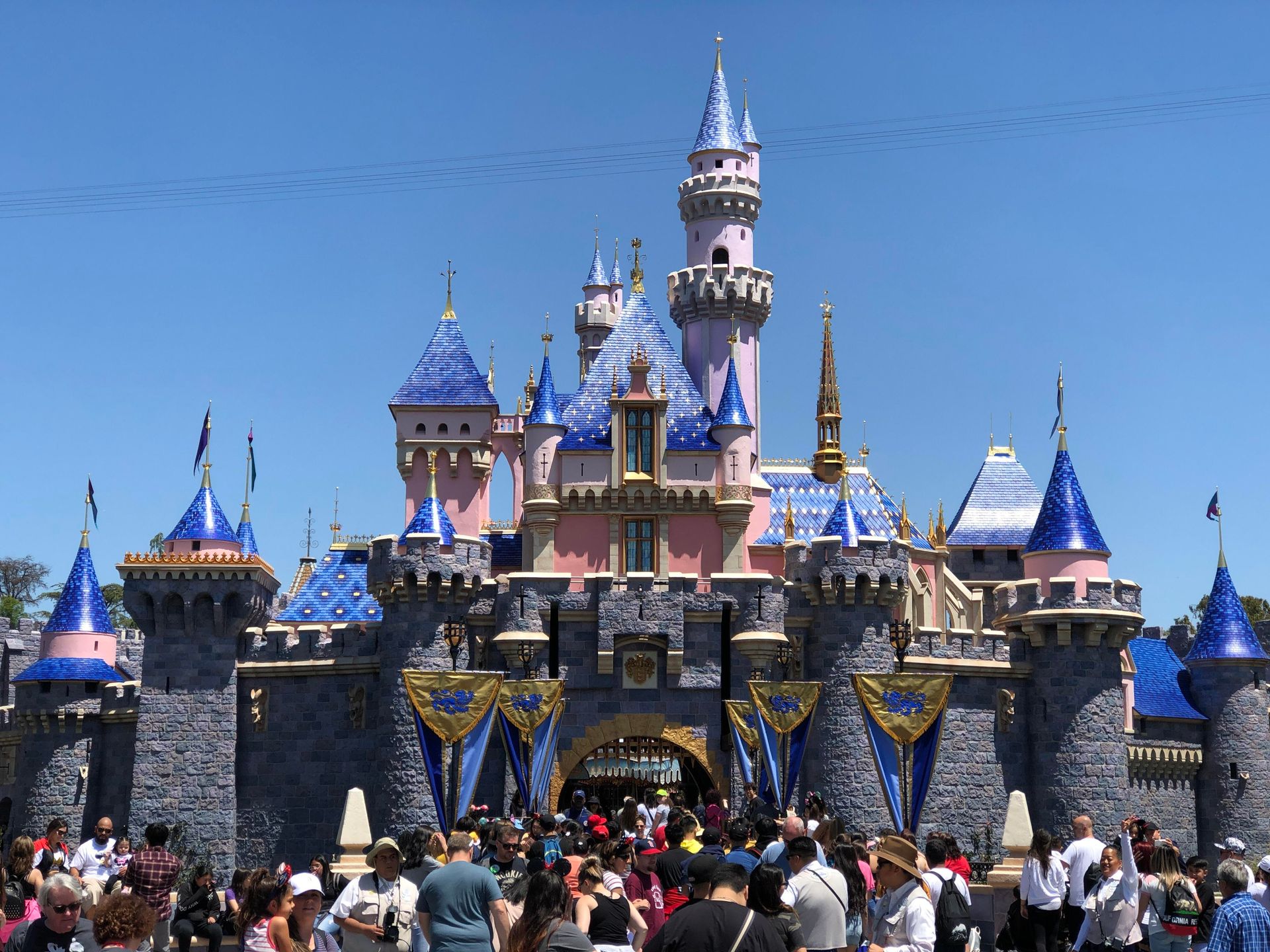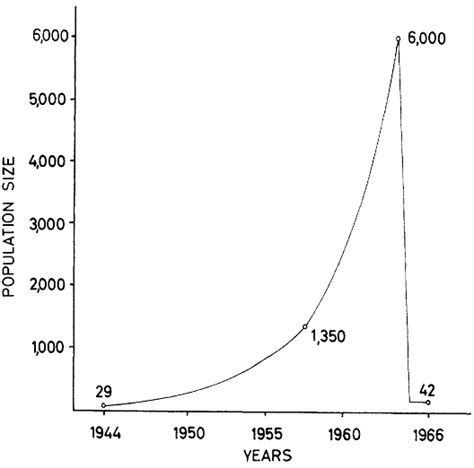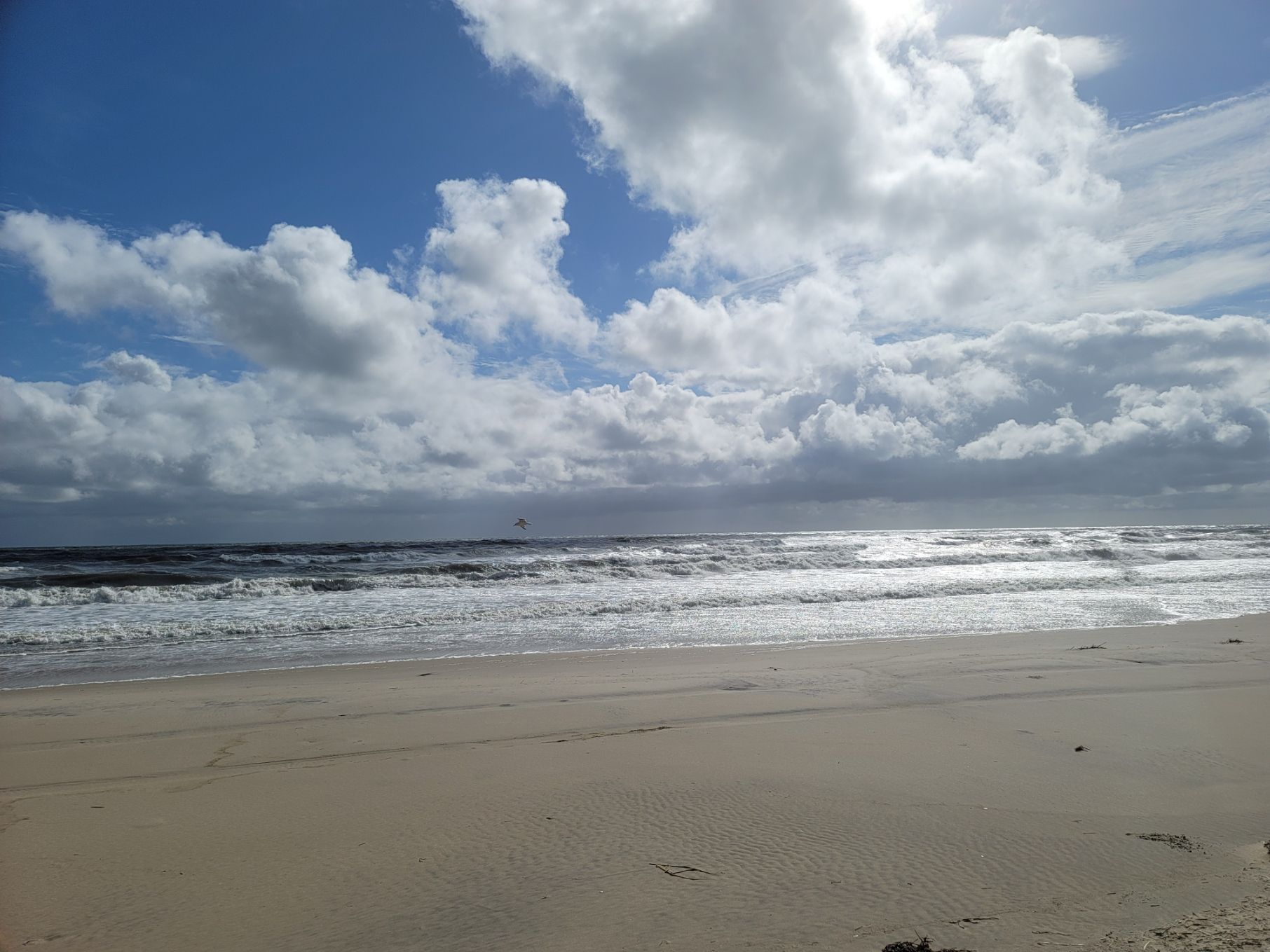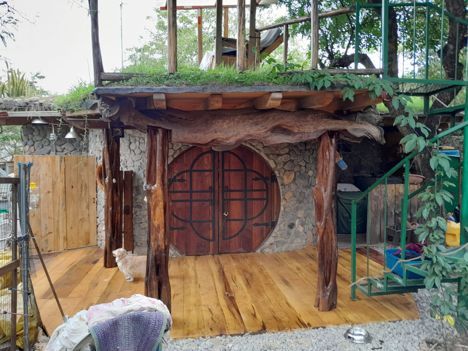Understanding and accepting collapse has been fairly easy for me.


I have never forgotten it. The graph shows “exponential growth.” Nothing in the universe can sustain exponential growth. The declining side of the growth phase is called “the Seneca Cliff.” Our species is headed for the Seneca Cliff.
The second thing I remember the scientist explaining was the Calhoun “Mouse Utopia” experiment. John Calhoun created a cage where mice had unlimited food, water, nesting material and a relatively large space.
The mouse population grew and when they finally became very numerous and crowded, he noticed a “behavioral sink” where profound behavioral changes appeared. Female mice were unable to give birth to healthy litters or to nurture their young. Male rats behaved aggressively or became depressed and withdrawn. Overall, the social relations among members of the colony broke down, resulting in high death rates and the decimation of the population.
This was a complex experiment that was repeated many times, sometimes with rats, sometimes with mice. The results were consistent. When the population grew too large, the behavioral sink appeared.
When I heard about this experiment I thought, “We're animals, we're mammals, we're not mice, but this could easily apply to us.” I see human behavior today that looks very much like that which the rats and mice exhibited.
Another thing I learned about in grade school was the Grand Banks of Newfoundland. At that time the population of cod was seemingly inexhaustible. At one time people could dip a bushel basket into the sea and pull it out filled with fish. You didn't even need a fishing net. Even as a 6th grader I thought, “They're exhaustible. Look what we did to the buffalo.” Today that population of fish is indeed exhausted.
So, I have been able to easily anticipate exhausting our resources, and ruining our planet with overpopulation for most of my life.
I was born in Georgia in 1953. My family lived in Tennessee, Texas, Germany, California, Ohio, Massachusetts and Colorado. After I left home I lived in New Mexico, Montana and now Washington.
I have been a stage magician my entire life. I also did a lot of skiing. I worked at Taco Bell and was a software engineer. I earned a master's degree in computer science. In my college studies I took classes in every science and plenty more. I am also a voracious reader and life-long learner. I have read all the books.
I decided to not have any children. If I had had kids I would have wanted to be a good parent and I would have gotten a good job, settled down and raised some good kids. I didn’t think that a dad that was an itinerant magician, ski bum, and over all happy hobo would be a good parent; fun to have as a dad, but kids need shoes and stuff. I was also adamantly opposed to population growth, so I decided to be true to my core value.
So that’s my story. I’m very mathematically and scientifically informed. I've been anticipating collapse and a sudden precipitous drop in population since the 60s.
When I was younger, the world population was 2.5 billion. I was staggered when we grew to 5 billion in my lifetime. I said, “Something’s got to give.” Now we’re at 8 billion.
Something’s got to give.
This work is licensed under Attribution-NonCommercial-NoDerivatives 4.0 International
Share This Post
Discuss this post!
If you would like to comment on or discuss this post with others, please join the Collapse Club Facebook Group or our Email Group.




